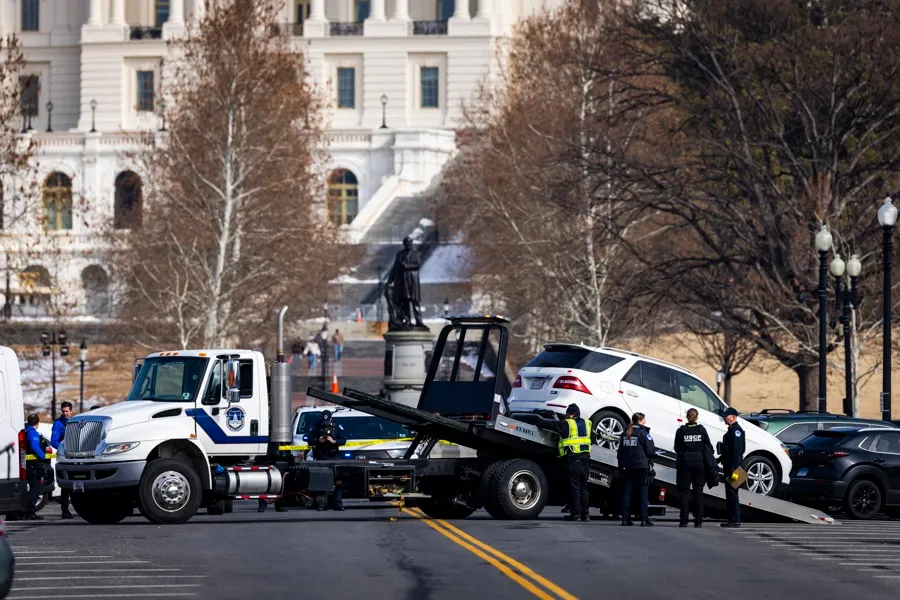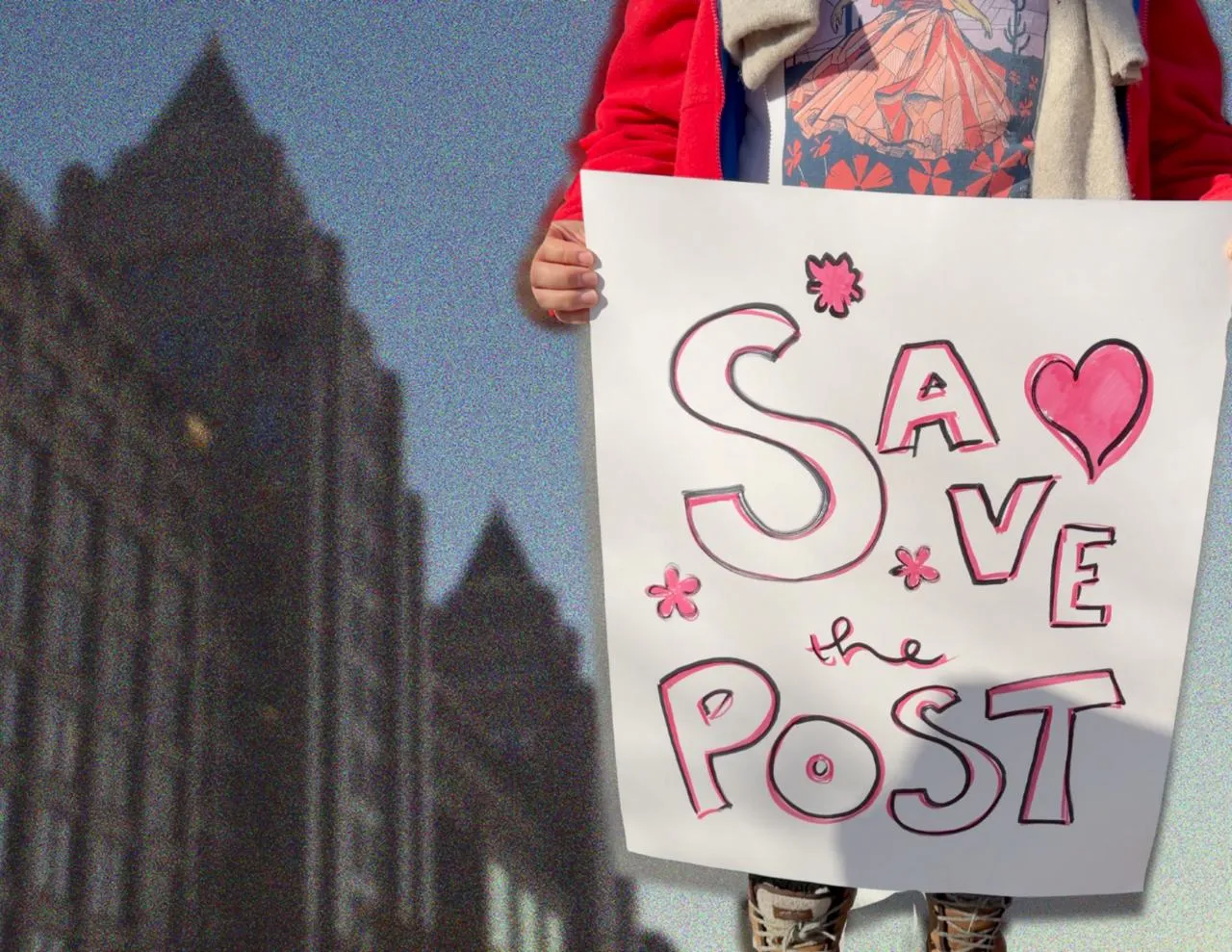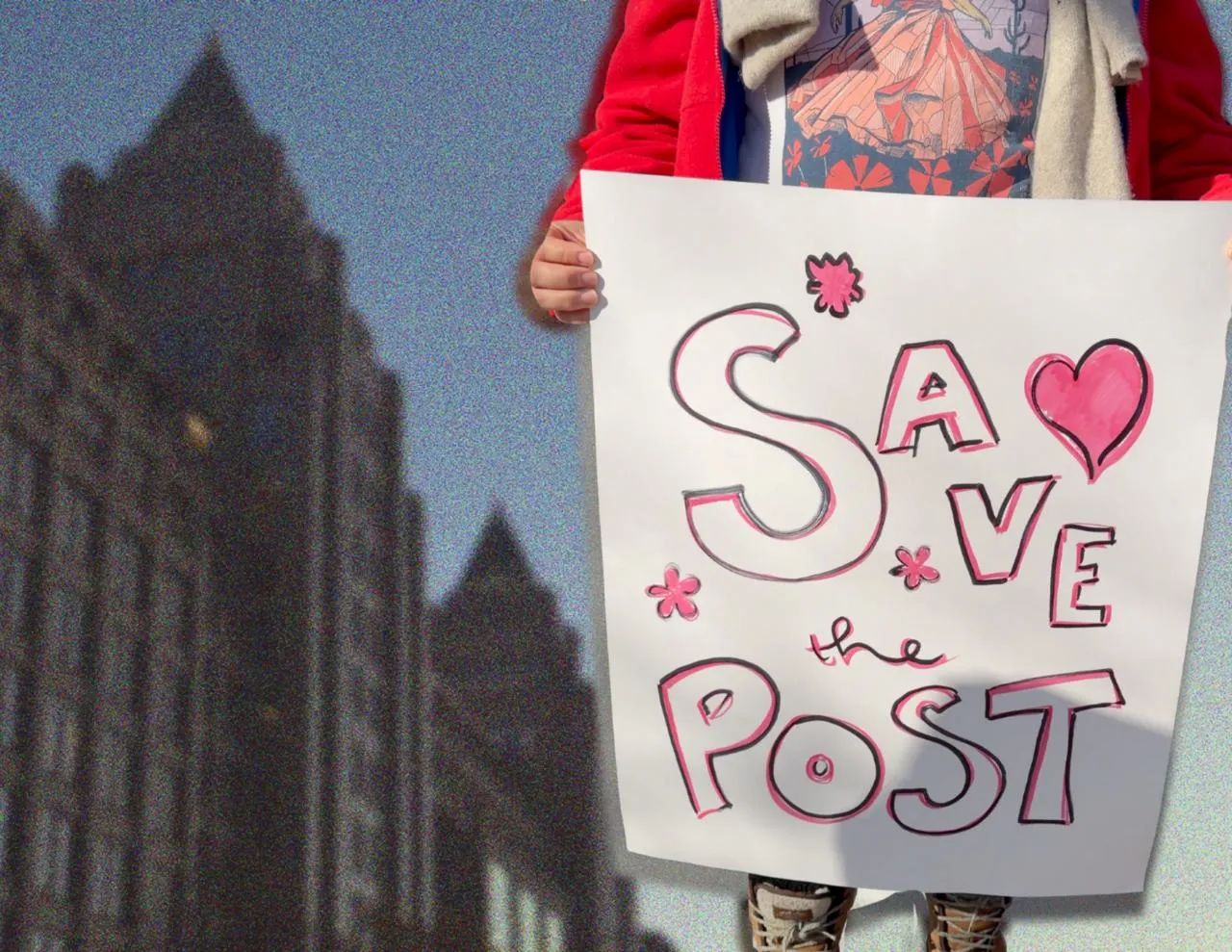September 11, 2001 in New York and Washington, DC; March 11, 2004 in Madrid; and June 7, 2005 in London were attacks at the heart of three centers of western civilization. The January 2015 killings in France and the threats to Jewish communities in Europe were attacks against two basic democratic principles —freedoms of expression and faith. But it is not only in the US or Europe where a certain interpretation of Islam has recently provoked destruction. It is also Boko Haram in Nigeria, the Taliban in Afghanistan and Pakistan, and the Islamic State in Syria and Iraq. It is what Ambassador Javier Rupérez calls “a war against humanity itself.”
“In the declared name of a new and bloody caliphate its followers have taken the lives of Muslims, Christians, Jews or simply humans without known denomination and whose only common desire was to live in freedom, peace and whatever degree of prosperity they could achieve. This is a war launched against humanity itself,” says Rupérez.
As a former Director of the UN Security Council’s Counter Terrorism Committee, Rupérez is a firm believer in the need for building “working tools to improve international cooperation as well as national responses.”
He mentions that we need to ensure the proper implementation of UN Res. 1624 (2005) because “It recommends States to include in their penal codes the crime of incitement to commit acts of terrorism and further on declares the need to explore what has been known as ‘dialogue between civilizations’ as a way among others to defuse tensions and prevent radicalization.”
Rupérez also points out to two UN Resolutions that have opened new venues in the international cooperation to fight terrorism. One recognizes the suffering of the victims and takes into account “the important role that victims and their families, as the visible face of the horror, could play in the efforts to prevent extremism and radicalization.”
Another Resolution addresses the issue of foreign terrorist fighters. It is estimated that 15,000 “fighters”, coming from more than 80 countries, are now in Syria and Iraq. All these positive measures notwithstanding, for Rupérez much remains to be done in terms international cooperation, and he urges us to action:
“We are confronted with a vicious aggression which combines the use of terrorist violence… and its psychological effects multiplied through the professional use of social media with the purpose of subduing and annihilating the will of governments and individuals… It undoubtedly conforms one of the most serious dangers against peace and stability as we have come to know it… The war launched by the extremists is not against any particular belief but rather one dedicated to turn civilization back a thousand years…”
That and what Peter Bergen, at the New America Foundation, calls “the final battle that will precede the end of time and the triumph of true Islam.”
Avendaño is Executive Editor of El Tiempo Latino
alberto@eltiempolatino.com











